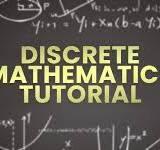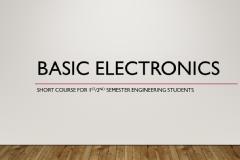For B.Tech, MCA.
Discrete mathematics deals with distinct, separate values rather than continuous ones. It focuses on finite structures and countable objects, making it essential in computer science, cryptography, and algorithms. Topics include set theory, logic, graph theory, combinatorics, and discrete probability. Set theory explores collections of objects and their properties, while logic delves into reasoning and proof techniques. Graph theory analyzes relationships between objects represented as vertices and edges. Combinatorics studies counting techniques and arrangements of objects. Discrete probability.
In addition to the core topics mentioned, discrete mathematics also encompasses other areas such as recurrence relations, Boolean algebra, formal languages, and automata theory. Recurrence relations deal with sequences where each term is defined in relation to previous terms, commonly used in algorithm analysis and modeling dynamic processes. Boolean algebra explores the algebraic structures defined on binary variables and operations, fundamental in digital circuit design and logical reasoning. examines the likelihood of events in finite or countable sample spaces. Overall, discrete mathematics provides fundamental tools for solving problems in digital communication, network design, cryptography, and optimization, playing a critical role in modern technology and theoretical computer science.






